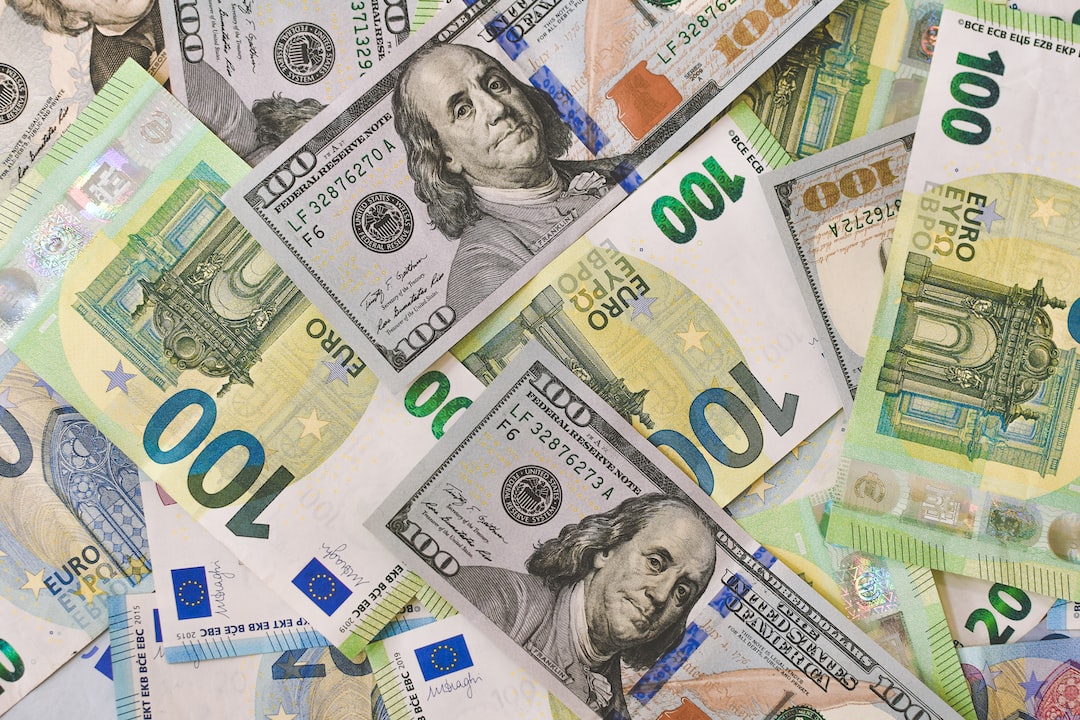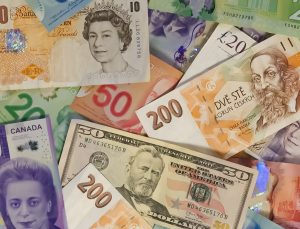Forex trading is an activity that involves the buying and selling of currency pairs. The prices of these currency pairs fluctuate every second, and traders make profits by predicting the direction of the price movement. One important factor that traders need to consider when trading forex is the spread. In this article, we will discuss what is spread, how to calculate it, and why it is important for forex traders.
What is Spread?
Spread is defined as the difference between the bid price and the ask price of a currency pair. The bid price is the price at which a trader can sell a currency pair, while the ask price is the price at which a trader can buy a currency pair. The spread is calculated by subtracting the bid price from the ask price. For example, if the bid price of EUR/USD is 1.2000 and the ask price is 1.2005, the spread is 0.0005 or 5 pips.
How to Calculate Spread?
The spread is usually displayed in pips, which is the smallest unit of measurement in forex. Pips are the fourth decimal place in a currency pair, with the exception of pairs that include the Japanese yen, which are measured to the second decimal place. To calculate the spread, you need to subtract the bid price from the ask price and multiply the result by 10,000 (for pairs that include the Japanese yen, multiply by 100).
For example, let’s say the bid price of USD/JPY is 109.50 and the ask price is 109.55. The spread is calculated as follows:
Spread = (109.55 – 109.50) x 100 = 5 pips
Why is Spread Important for Forex Traders?
Spread is an important factor for forex traders because it affects the profitability of their trades. When a trader enters a trade, they need to pay the spread as a commission to the broker. The larger the spread, the more commission a trader has to pay, which reduces their profits. Therefore, traders should aim to trade currency pairs with low spreads to maximize their profits.
Another reason why spread is important for forex traders is that it affects the accuracy of their technical analysis. Technical analysis is a method of analyzing the price movements of a currency pair using charts and indicators. The spread can have an impact on the accuracy of these tools, especially when the spread is high. For example, if a trader uses a moving average to identify trends, a high spread can cause false signals and lead to incorrect trading decisions.
Factors that Affect Spread
Spread is not a fixed value and can vary depending on several factors. Some of the factors that affect spread include:
1. Market volatility: When the market is highly volatile, the spread tends to widen as the risk increases for the broker.
2. Liquidity: Currency pairs that have high trading volumes tend to have lower spreads because there are more buyers and sellers in the market.
3. Time of day: The spread can vary depending on the time of day. During the Asian trading session, the spread tends to be wider because there is less liquidity in the market.
4. Broker type: Different brokers have different spreads. ECN brokers usually offer lower spreads than market makers because they connect traders directly to the liquidity providers.
Conclusion
Spread is an important factor for forex traders because it affects their profits and the accuracy of their technical analysis. Traders should aim to trade currency pairs with low spreads to maximize their profits. To calculate the spread, traders need to subtract the bid price from the ask price and multiply the result by 10,000 (or 100 for pairs that include the Japanese yen). The spread can vary depending on several factors such as market volatility, liquidity, time of day, and broker type. By understanding and monitoring spread, traders can make informed trading decisions and improve their overall performance.





